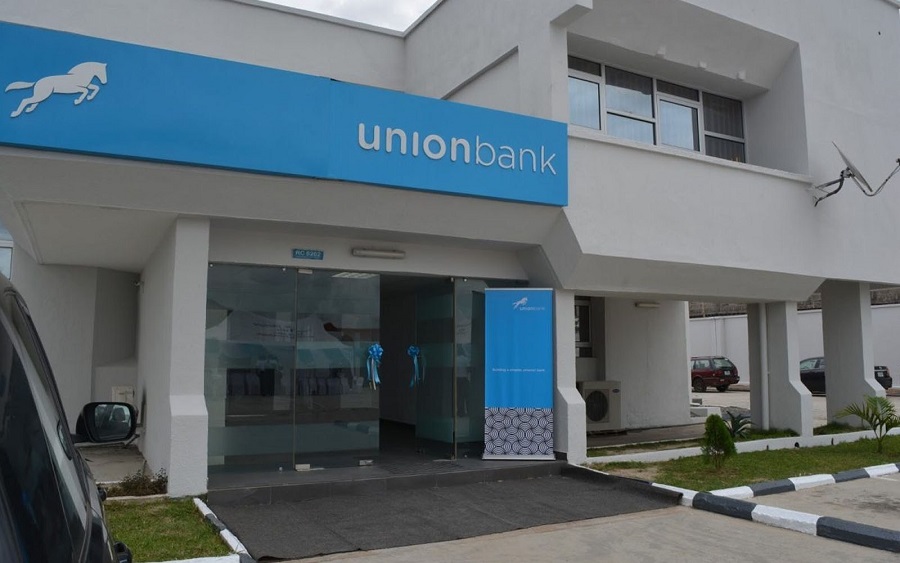Finance
Securing a Loan with Bad Credit
Facing bad credit can feel like an obstacle course when seeking a loan. However, numerous options exist for borrowers with less-than-ideal credit scores. This comprehensive guide equips you with the knowledge to navigate the loan landscape, explore alternative funding sources, and increase your chances of loan approval even with bad credit.
Understanding Bad Credit: The Numbers Game
Credit scores are numerical representations of your creditworthiness, calculated based on your credit history. FICO scores, widely used by lenders, typically range from 300 to 850:
- Excellent Credit (800 – 850): Qualifies you for the most favorable loan terms and interest rates.
- Good Credit (670 – 799): Allows access to a wider range of loan options with competitive rates.
- Fair Credit (580 – 669): May still qualify for some loans but may face higher interest rates.
- Poor Credit (500 – 579): Loan options become more limited, and interest rates are likely to be significantly higher.
- Very Poor Credit (Below 500): Securing traditional loans becomes challenging. Alternative options with higher interest rates or stricter requirements may be necessary.
The Roadblocks of Bad Credit: Why Loan Approval Can Be Difficult
Bad credit indicates a higher risk of borrowers defaulting on loans. As a result, lenders may:
- Deny Loan Applications: If your credit score falls below a lender’s minimum requirement, your application may be rejected outright.
- Charge Higher Interest Rates: Borrowers with bad credit are seen as a higher risk, leading to higher interest rates that increase the overall loan cost.
- Impose Stricter Loan Terms: Smaller loan amounts, shorter repayment periods, or requiring collateral may be stipulations for borrowers with bad credit.
Beyond Rejection: Exploring Loan Options for Bad Credit
Even with bad credit, securing a loan isn’t out of reach. Here’s a breakdown of potential options:
- Subprime Loans: These loans are designed for borrowers with bad credit but come with significantly higher interest rates compared to traditional loans. Carefully weigh the costs before proceeding.
- Secured Loans: Offering collateral like a car or property can improve your chances of approval and potentially lead to lower interest rates. However, you risk losing the collateral if you default on the loan.
- Co-Signer Loans: Including a co-signer with a good credit history on your application significantly strengthens your eligibility. Ensure you have a clear understanding and agreement with your co-signer before proceeding.
Alternative Lending Institutions: Stepping Beyond Traditional Banks
While traditional banks may be more stringent with bad credit, consider these alternative lenders:
- Online Lenders: Many online lenders cater to borrowers with bad credit but may charge higher interest rates. Thoroughly compare rates and terms before applying.
- Credit Unions: Membership-based credit unions often offer more flexible loan options and may be more understanding of your situation compared to traditional banks.
- Peer-to-Peer (P2P) Lending Platforms: These platforms connect borrowers with individual investors. Eligibility requirements may vary, and interest rates can be high.
Building a Stronger Credit Foundation: Strategies for Improvement
Don’t let bad credit define your financial future. Here’s how to work towards a better credit score:
- Obtain Your Credit Report and Dispute Errors: Review your credit report regularly for inaccuracies and promptly dispute any errors you find.
- Make Timely Payments: Payment history is the most significant factor affecting your credit score. Prioritize on-time payments for all your existing debts.
- Reduce Your Credit Utilization Ratio: This ratio compares your credit card balances to your credit limits. Lowering your credit utilization by paying down debt improves your credit score.
- Secured Credit Cards: Using a secured credit card responsibly and making timely payments can establish a positive credit history.
Beyond Loans: Exploring Alternative Funding Solutions
Depending on your needs, consider alternatives to traditional loans:
- Salary Advance: Some employers offer salary advance programs that allow you to borrow a portion of your upcoming paycheck. This can be a helpful option for short-term needs, but repay the advance promptly to avoid impacting your budget.
- Payment Plans: Many merchants and service providers offer installment payment plans for larger purchases, allowing you to spread out the cost over time. Carefully review the interest rates associated with such plans.
- Borrowing from Friends or Family: Borrowing from loved ones can be an option, but establish clear terms and a repayment plan to avoid jeopardizing your relationships. Formalize the agreement with a written loan contract.
Responsible Borrowing with Bad Credit: Essential Considerations
- Understand the True Cost of the Loan: Carefully analyze the Annual Percentage Rate (APR) which reflects the total cost of borrowing, including interest and fees. Don’t be lured by low advertised rates; compare the APR of different loan options.
- Borrow Only What You Can Afford: Avoid taking on more debt than you can comfortably repay within the loan term. Create a realistic budget that incorporates your loan repayments.
- Avoid Predatory Lenders: Be wary of lenders offering seemingly easy loans with high upfront fees or balloon payments. Research the lender’s reputation and avoid offers that sound too good to be true.
The Road to Credit Rehabilitation: Building a Brighter Financial Future
Bad credit doesn’t have to be permanent. By taking proactive steps to improve your credit score and utilizing responsible borrowing practices, you can pave the way for a more secure financial future:
- Develop a Sustainable Debt Management Plan: Prioritize paying down existing debt, starting with those carrying the highest interest rates. Consider debt consolidation strategies to simplify your repayments.
- Seek Credit Counseling Guidance: Non-profit credit counseling agencies offer financial education and debt management plans to help you manage your debt and improve your credit score.
- Maintain Financial Discipline: Building a strong credit history requires ongoing commitment. Practice responsible credit card use, pay bills on time, and avoid taking on excessive debt.
Bad credit is a hurdle, not a roadblock. By understanding loan options, exploring alternative funding solutions, and prioritizing responsible borrowing habits, you can navigate your financial journey successfully. With dedication and a commitment to credit improvement, you can unlock access to better loan terms and a brighter financial future.








